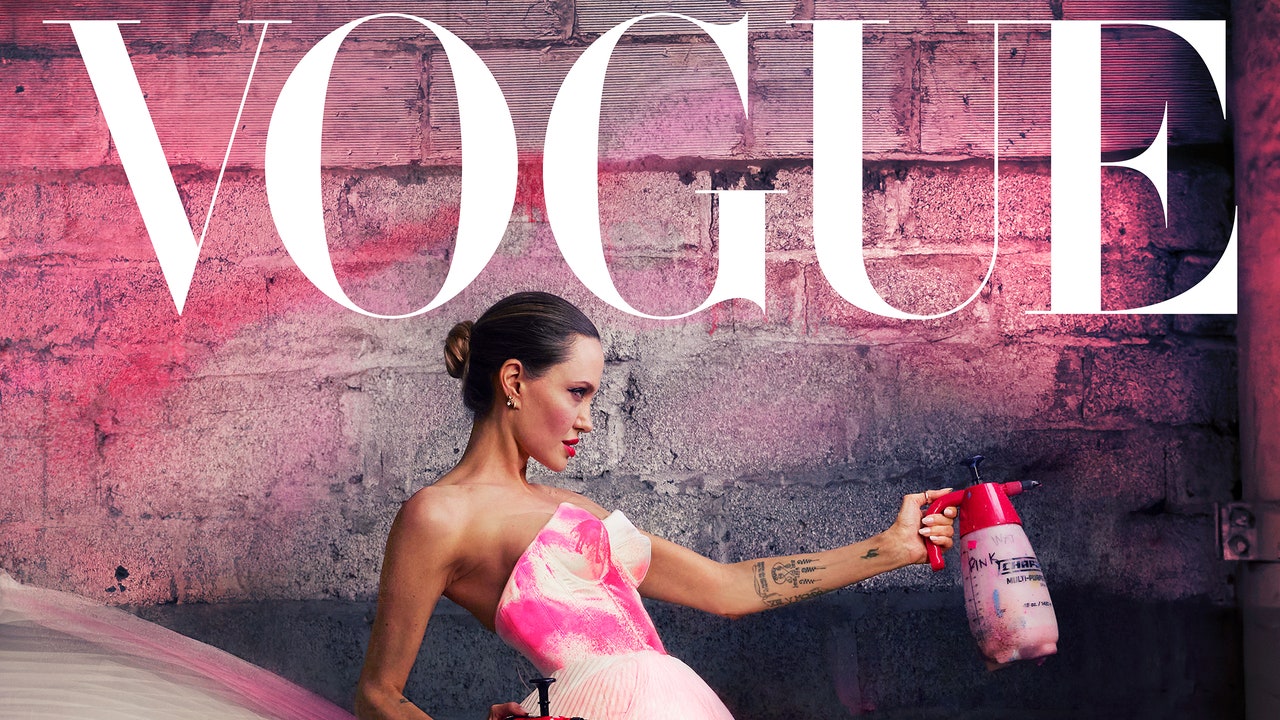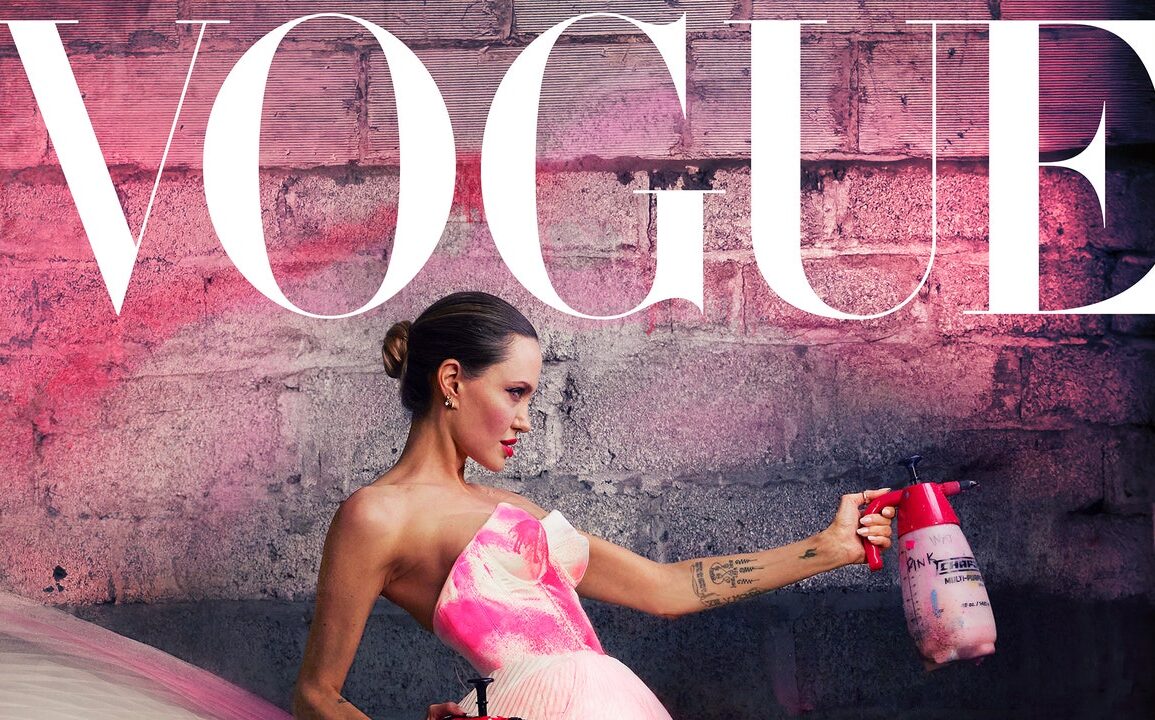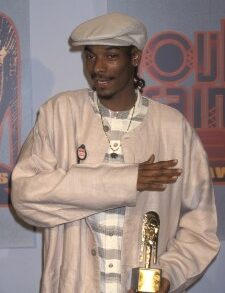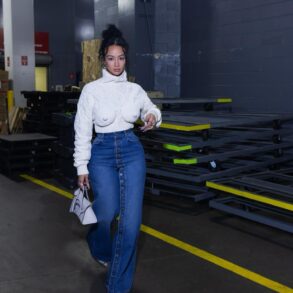
Our tour begins on the second floor, a light-filled loft furnished with high ceilings, exposed rafters, and benches of reclaimed wood where soon a team of tailors will set up shop with deadstock and artisanal fabrics. Jolie herself is modeling a pair of custom woolen gray trousers, one of multiple styles that will be available made to measure; the cost of a custom slip, say, will start around $300, with repair services that begin at $10 for a hand-painted patch. There will also be take-home mending kits and a stud-it-yourself activity station in the café that patrons can use for free.
Though the property has passed through several hands since Basquiat lived here, traces of the prolific artist remain: the graffiti tag SAMO© (pronounced same-oh)—something he coined with his friend Al Diaz—is scrawled on the concrete floor. This morning, Jolie has her own small crew in tow: the brand’s president and chief operating officer, Helen Aboah, and Giles Duley, who is advising the project on corporate impact but started his career as a music photographer, soon evolving into “an angry man with a camera,” he says, with a focus on the impact of conflict on communities around the world. “Over the last 20 years documenting humanitarian stories, I’ve seen the negative impact of Western consumerism on developing countries—from child labor, illegal extraction of minerals, pollution from the dyeing of fabrics, exploitation of farmers, and much more,” he says. “Atelier Jolie can have an incredible positive impact on artisans who have often been unrecognized and undervalued—but we also have an opportunity to start conversations about workforce exploitation, pollution, and waste.” Adds Aboah: “At the top of Angelina’s manifesto is also the idea that we are all creators.”
There are signs that the team is beginning to make its mark: Draped over the doorway is a blank canvas stenciled with the Atelier Jolie logo in white spray paint. “That was my son practicing,” Jolie says proudly of Pax, 19, who along with Zahara has been heavily involved with Atelier Jolie. As a single mother of six, Jolie considers major endeavors such as this one a project for the entire family, and she turns both expansive and personal on the subject when the conversation turns to her children. “I was 26 when I became a mother,” she tells me. “My entire life changed. Having children saved me—and taught me to be in this world differently. I think, recently, I would’ve gone under in a much darker way had I not wanted to live for them. They’re better than me, because you want your children to be. Of course I’m the mother, and hopefully that safe place for them and that stability. But I’m also the one that they laugh at—and I see them taking over so many different aspects of our family.”
On our way downstairs, she and Duley decide to stage a kind of DIY art experiment: Jolie is swaddled today in one of her signature cream-colored trench coats—by the sustainable brand Another Tomorrow—but she promptly peels it off in a brightly lit corner of the ground floor studio. “We’re trying to see if we can take photographs of tattoos,” she says, “and turn them into patches—the idea is to make your clothing your own, instead of simply getting rid of it.” She turns her back to Duley’s camera and strips to the waist, revealing her dense lattice of body art. Aboah and I move toward the door, quickly engaging in small talk in an effort to give Jolie privacy. But the movie star in the room seems unfazed.
This post was originally published on this site be sure to check out more of their content.








